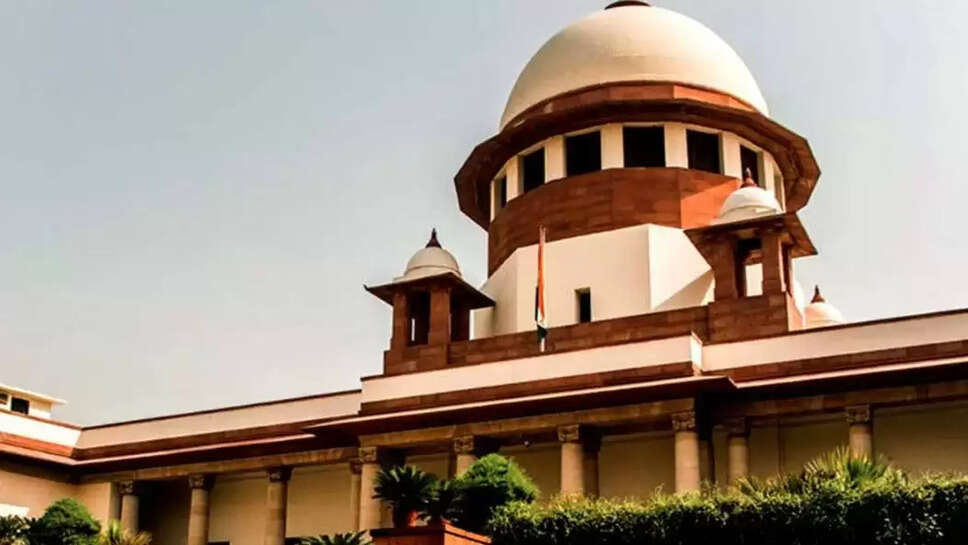Supreme Court: Important decision of the Supreme Court regarding government employees, said- action cannot be taken against these employees
Govt Employee's news: A big decision of the Supreme Court has come for government employees. The court has said that action cannot be taken against a special type of government employees (SC decision for govt employees). Now this decision has become a topic of discussion among government employees. Let us know about this historic decision of the Supreme Court.

News - (SC decision). In an important decision given by the Supreme Court in a case related to government employees, it has been said that disciplinary action (disciplinary action rules) cannot be taken against such government employees.
It is very important for every government employee to know this decision because the rights of government employees (govt employees rights) have also been mentioned in this decision of the court. Let us know what the Supreme Court has said in its decision.
Action can be taken after this letter is issued-
While giving its verdict, the Supreme Court has said that disciplinary action cannot be taken against retired government employees (SC decision for retired employees). The court has said that departmental proceedings cannot be initiated with a show cause notice, but can be initiated after the charge sheet is issued.
The Supreme Court dismissed the petition -
The Supreme Court has rejected the petition filed by the State Bank of India against a decision of the Jharkhand High Court. The High Court had cancelled the dismissal order issued against the employee. SBI had filed a petition opposing this decision, but the apex court also rejected it.
Competent authority will play an important role-
The Supreme Court dismissed the petition and said that no disciplinary action can be initiated against a retired employee. A bench of two judges of the Supreme Court said that departmental action against a government employee (govt employees news) cannot be initiated only by issuing a show cause notice.
Such action (legal action rules for employees) can be taken only on the date of considering the allegations leveled against the employee by the competent authority i.e. on issuing the charge sheet.
This is what the High Court said-
Regarding the disciplinary action against the government employee, the High Court had said in this case that the disciplinary action was initiated after the retirement of the employee, whereas this cannot be done. When this action was taken, the extended period of service of the retired employee (retired employees news) had also passed.
The employee was accused of:
According to the case, employee Naveen Kumar was accused of sanctioning loans for relatives (loan fraud case). It was also alleged that the employees violated banking norms.
On this, the Supreme Court has said that the respondent employee had retired from SBI after completing his 30 years of service. However, later his service was extended till 1 October 2010. After this the service was not extended further. After this, disciplinary action has been taken which is not justified.
Supreme Court's consent on the order of High Court-
The Supreme Court has completely agreed with the order of the High Court. The Supreme Court said that the show cause notice against the respondent was issued on 18 August 2009.
Disciplinary proceedings were initiated on 18 March 2011. By then the employee had retired (SC decision for retired employees) and his extended retirement age had also expired. In such a situation, disciplinary action cannot be taken against him.
The Supreme Court did not listen to this argument-
Arguing against the High Court's decision, SBI (State Bank of India) counsel claimed that the employee had admitted before the inquiry officer, disciplinary authority and appellate authority that he would retire on October 30, 2012.
He did not even tell the High Court (HC decision for govt employees) that he had retired from SBI from 1 October 2010. Despite this argument, the Supreme Court rejected the appeal. The Supreme Court ordered SBI (SBI Supreme court case) to release all the dues of the employee within six weeks.
